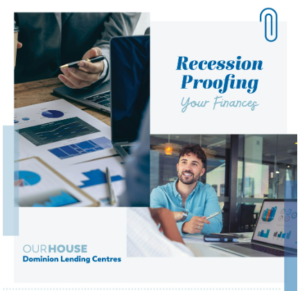
Most of us like where we live, but we might not love it. Have you fallen out of love with your home? No sweat! We have the tips to help you fall in love with your home, all over again!
Cleanse and Purge
Depending how long you have lived in your home, you have probably gathered up a number of items that you no longer need, want or use. One of the first steps to falling in love with your home again is purging your space of all that unnecessary stuff – whether it is old clothes, furniture you hate, outdated accessories – removing the old to make way for the new can have a huge effect on how you feel about your home.
Rearrange Your Rooms
Once you have purged all of the unwanted items around your home, you probably have a bit more space to work with! A great way to breathe new life into your space is by re-arranging your furniture! While not all rooms will have optimal space, you might be surprised if you just try and see how it would look with a different layout! Simply moving around your furniture will make your home feel revived, without any extra spend!
Consider a New Colour
If you’re looking for that little extra refresh, a new coat of paint is a great way to get the job done! Changing the tone of your room from darker to lighter, or warm to cool, can make the space feel brand new again! This year’s tones include purples and pink hues, matched with grey and white or pops of teal and blue for that extra 70s vibe!
Or Try a New Style
If you’ve always had a home with traditional cupboards or furniture, it might be time to mix it up! Swapping out a few old pieces for something new, perhaps with a modern twist, can revive any space. Consider starting small by swapping lamps or your coffee table and moving up to larger items like TV stands and bookshelves for that fulsome redo!
Enhance Your Lighting
Lighting has a big effect on mood, and it is the same for your home. Installing new light fixtures, adding or removing lamps, or even changing your bulbs from a bright white to warm or vice versa for a different environment. If you’re looking for that extra ambiance, try a lava lamp or a cute candle tray!
Retouch and Refinish
If you’re not interested in going all out on your home makeover, you don’t have to! There are still plenty of ways you can fall in love with your home again… such as with a little retouching and reviving! A great place to start is your kitchen cupboards. refinishing and painting your existing cabinets is easier than you may think!
Don’t Forget About the Exterior!
While we spend a lot of our time indoor our home, you don’t want to forget about the exterior! New and inviting front door lighting, a cute brick path and some new flowers can create a whole new world for you to enjoy. Consider also adding wicker furniture, an outdoor rug and hanging fairy lights or adding a water feature for that extra relaxation.
Not sure if you can afford updates to your home? Consider utilizing your home equity! Call or text me to find out more.
Written by DLC Marketing Team









